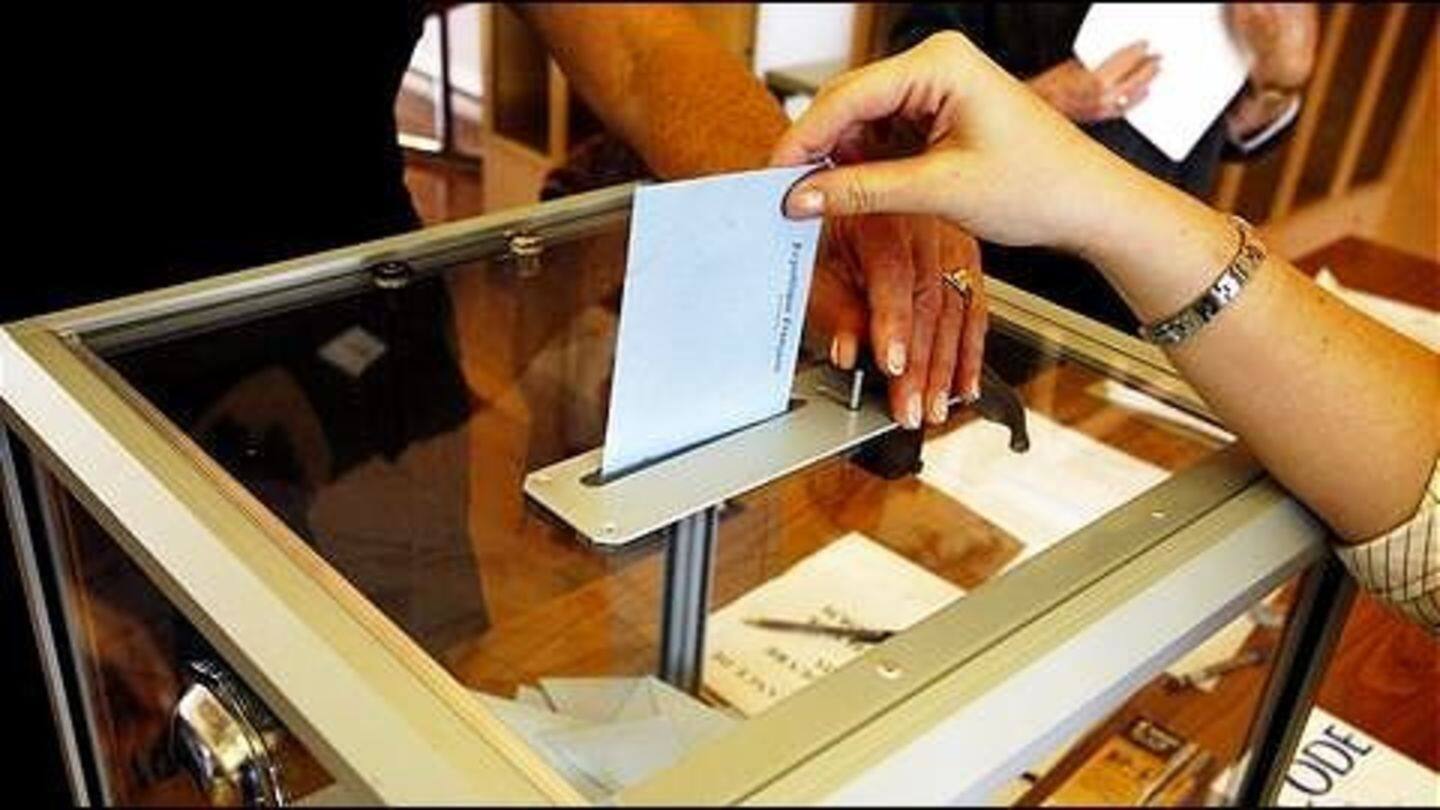
Five state polls: Wealth, education contribute to candidates' winning chances
What's the story
In the recent assembly polls, wealthier candidates were likely to win their constituency than the less wealthy, according to an election data and candidate affidavit analysis.
Of 689 assembly constituencies in five states, 33.5% were won by the wealthiest candidate, 24.6% by the second-wealthiest and 17% by the third-wealthiest.
While education, too, contributed to the candidates' success, cash paved "the road to electoral victory."
Data
Poorly educated candidates fare badly
Education played an important role in increasing the candidates' chances of winning. Candidates with a doctorate degree succeeded in a fifth of their races, while only two of 102 illiterate candidates - Uttar Pradesh's Satya Prakash Agrawal and Manipur's Yamthong Haokip - won their constituencies.
Money Matters
A decent election campaign needs lot of money
Similar to previous polls, odds were heavily stacked against the less wealthy and poorer candidates.
Of 639 fifth-wealthiest candidates across the five states, only 41 or 6.4% won their constituencies; of 394 tenth-wealthiest candidates, only four won.
Niranjan Sahoo, a senior fellow with the Observer Research Foundation's Governance and Politics Initiative, said, "To run a decent campaign, you need a lot of money."
Wealthier Candidates
Voters attracted to wealthier candidates
Voters may be attracted to wealthier candidates who are seen as "being better able to grease the wheels of local bureaucracies."
Gilles Verniers, Political Scientist at Ashoka University, said an elected representative should act as a "power broker between constituents and state agencies. "
He added, "Being wealthy enables to you to meet, to a certain extent, the expectations of voters."
Data
Victory not guaranteed even for the wealthy
Across the five states, 2,185 candidates claimed to possess net assets worth at least Rs. 1 crore; of them, only 514 won. Congress's Nazir Ahamad from UP whose net assets were worth over Rs. 200 crore finished third in the Agra-South constituency.
Poorer Candidates
Few poorer candidates beat the odds
Though poorer candidates still face far longer odds, some of them emerged victorious, beating the odds.
Of the 689 winning candidates, four were in debt (according to their affidavits) while another candidate declared no assets at all.
While a total of 608 candidates declared net assets worth between Rs. 0-1 lakh, only Dr. Harendra Prasad Singh who declared net assets of Rs. 0 won.
The Gap
Gap between the rich and poor, and their electoral fortunes
The rich-poor gap was clearly evident in Manipur where wealthiest candidates won half of all seats while 5% seats were won by candidates ranking fifth-wealthiest or below.
Though poorer candidates fared worse than the richer ones in UP, the wealthiest won only less than a third of all seats.
Gilles Verniers said, "Money plays a central role in electoral politics in practically every democracy."
Quote
Difficulties faced by poorer candidates
Niranjan Sahoo stated: "The implication is very straightforward. A lot of competent people who are motivated to get into the democratic process and bring systemic change, people who want to work for their community, simply don't get a chance."